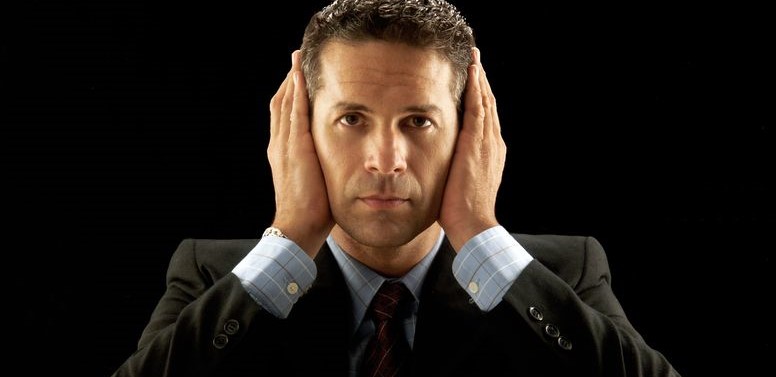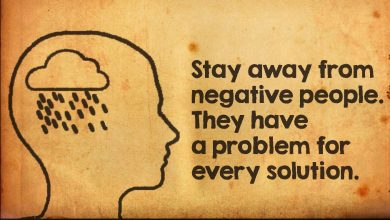
The Importance of Active Listening
Do you find yourself misunderstanding what your spouse or work colleague say to you? Do you find yourself questioning your responses to them? Most people hear others speaking to them, but most of the time our interactions are not focused and we may listen to people speak, without truly hearing what they want to say to us. Learning how to listen is a skill that helps us to clear our mind of thoughts and behaviours that may interrupt our ability to hear what the other person is trying to say, rather than what we think they are saying.
Learning how to listen to people around us is also a journey of self-discovery. Instead of responding to people’s comments and thoughts as a reaction, we take the time to understand what they are saying and in thinking about how their words are impacting us, we are identifying the natural way react to people’s words and think about how we would prefer to react to them.
We can then develop and practice self-control techniques, to assist us to respond more appropriately to anything people may say to us.
You may have heard active listening referred to as reflective listening. It involves listening to others around us talk to us and taking time out to ensure we understand their words and the meanings behind those words. We ask questions like “so you mean this.” to reflect what we think they said to the person. We use words like “I feel angry when you say that” rather than lashing out in anger and using a “you” phrase like “you always do this.”
Our focus is not on the words spoken, but on the person speaking and what they meant by their words. This way of listening can take some getting used to, but once we learn this skill will change the way we relate to people and interact with them, and learn about ourselves in the process. Here are five reasons to learn how to do it.
Communicating is an art. If you understand how to speak to people well, you can get your message across with confidence by paying attention to the person giving you information and then actively listening to what they are saying. A couple of research studies have shown that people who regularly make eye contact with someone are more likely to listen to that information and are more likely to take the information in as well. Active listening is all about patience and never interrupting the speakers.
Interrupting others is a communication skill that needs to be learned. When you interrupt another person’s flow of thought, you are taking away from their ability to fully participate in the discussion. A couple of research studies have shown that people with good body language skills listen more intently when someone is speaking. They also listen longer to the material. People who don’t pay attention to body language often do just the opposite and seem to skip over the material.
If you want others to do what you want them to do, you must be able to do it yourself, too. Although you might be very good at talking about something, if you can’t effectively describe your idea or argument in your own words, your talking won’t mean a thing. The importance of active listening is that you will be able to describe your idea or argument in your own words, which means you’ll have listened to more. Asking questions like “exactly how” and “wherefore” is another great way to engage in active listening.
An important aspect of active listening is being able to accept the idea or argument of the other person, and then ask open-ended questions for clarification. Most speakers will engage in this process, but many don’t. Asking open-ended questions is actually an extremely valuable part of effective oral communication. By doing so, you allow the other person the opportunity to respond to your statement. You’ll get more detail and more thoughtful response from the speaker and will more likely than not get an honest answer. If the speaker cannot answer your question, they aren’t truly interested in hearing what you have to say.
Good listening also helps create healthy work relationships. When you can completely focus on your listener during a presentation, it allows you to ask questions that will actually aid the other person in their answers. If a question is unclear, it’s okay to ask clarifying questions until you know exactly the intended meaning. The speaker’s ability to respond and understand what the other person is trying to say is very important in any professional setting.
If you sometimes feel misunderstood when you are talking to people, you probably have an understanding of the importance of really being heard and not just listened to. As we begin to practice active listening, we will soon learn to develop important techniques and qualities that enable us to remain in control of our thoughts and emotions when having discussions with others.




